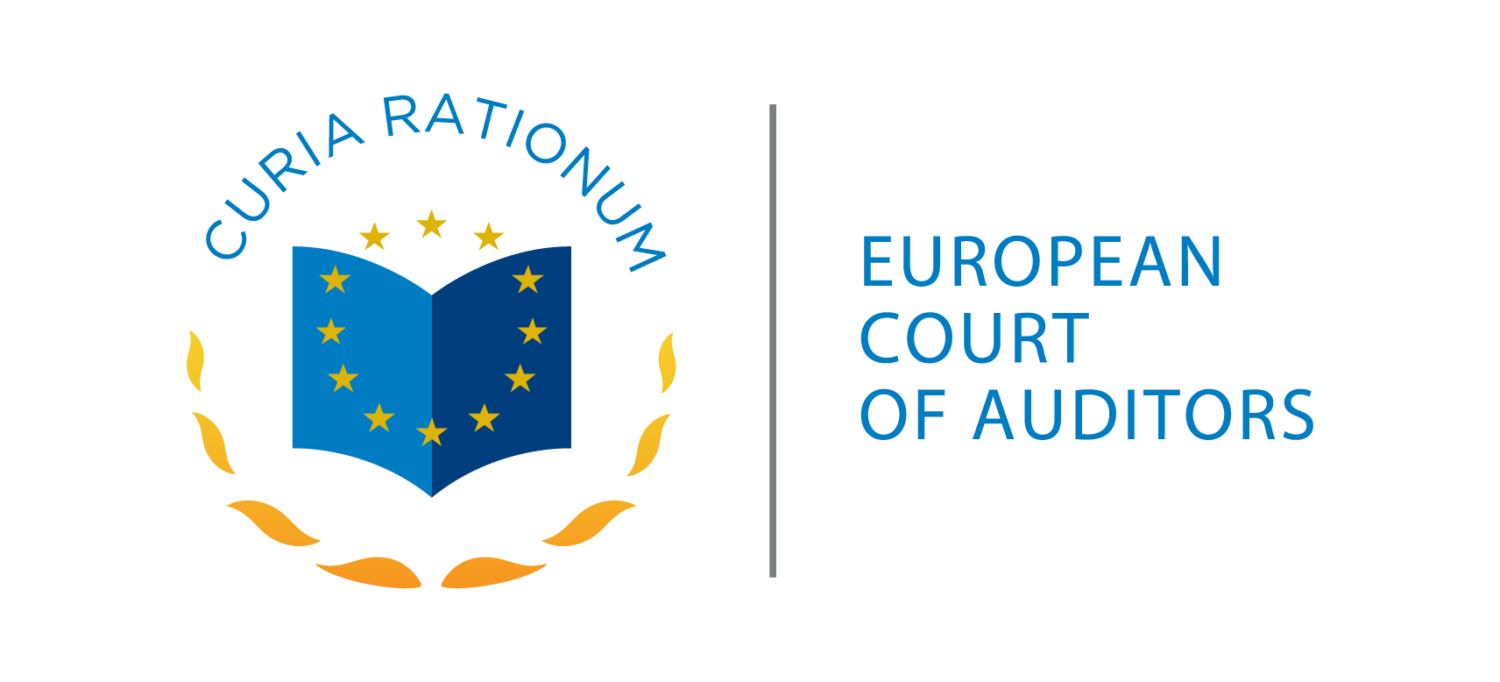Auditors expect cross-border cooperation with neighbouring countries to face a challenging future
Despite certain weaknesses, EU-funded cross-border programmes with neighbouring countries have provided generally relevant and valuable support to the regions on both sides of the EU’s external borders, says a report published today by the European Court of Auditors. However, the current geopolitical context with Russia’s invasion of Ukraine will have a significant impact on half of the programmes proposed for the coming years, the auditors also warn.
The auditors found that EU programmes identified priorities and selected objectives – ranging from cultural heritage to fighting organised crime – that were aligned with the needs and challenges of the border regions. The selection process in place was largely transparent and designed to select the most suitable projects. In addition, the EU auditors commend the fact that programmes were developed in a generally participatory manner, which proved useful for fostering the local ownership of programmes. However, complementarity with other EU-funded programmes was insufficient, which could lead to missed opportunities for synergies.
Despite preparatory actions, the 2014-2020 programmes were launched with significant delays and could only begin in the fifth or sixth year of the financing period. The audited projects were on course to achieve their intended outputs, but some had weaker cross-border dimensions than others. The 2021-2027 legal framework draws upon lessons learned. It introduces changes that simplify the management of the new programmes and have the potential to get them off the ground more smoothly. However, these changes carry additional risks that underscore the importance of close monitoring.
“Cross-border programmes have provided relevant and valuable support to enhance territorial cooperation across the EU’s external borders”, said Bettina Jakobsen, the ECA member responsible for the audit. “But Russia’s invasion of Ukraine seriously jeopardises some of the results achieved so far.”
Indeed, as part of a broader response to the invasion, the Commission suspended financing agreements for programmes with Russia and Belarus, and took measures to reallocate funding to support Ukrainian refugees. The invasion has also cast severe doubt on 9 of the 17 new programmes that were expected to involve Russia and Belarus in the 2021-2027 period. These nine programmes together account for almost a third of the envisaged total funding allocation. Meanwhile, in the south, the number of joint projects between Israeli and the five participating Arab countries in the Mediterranean Sea Basin programme remains low, even if the very existence of such joint projects can be considered a success in itself, note the auditors.
Background information
The 15 CBC programmes of the 2014-2020 financing period are: ‘Mediterranean Sea Basin’, ‘Italy-Tunisia’, ‘Black Sea Basin’, ‘Poland-Belarus-Ukraine’, ‘Poland-Russia’, ‘Estonia-Russia’, ‘Latvia-Russia’, ‘Lithuania-Russia’, ‘Latvia-Lithuania-Belarus’, ‘Hungary-Slovakia-Romania-Ukraine’, ‘Romania-Ukraine’, ‘Romania-Republic of Moldova’, ‘Karelia’, ‘Kolarctic’ and ‘South-East Finland-Russia’. These programmes had three strategic objectives:
- promote economic and social development in regions on both sides of common borders;
- address common challenges in environment, public health, safety and security;
- promote better conditions and modalities for ensuring the mobility of persons, goods and capital.
Special report 27/2022, “EU support to cross-border cooperation with neighbouring countries – Valuable support, but implementation started very late and problems with coordination need to be addressed”, is available on the ECA website (eca.europa.eu).
Contact
Create your account for free to access the MediaConnect communicators contacts
Let's go!Media

Login to
download this media

DSC8982 – Bettina Jakobsen-jpg

Login to
download this media

ECA EUROPA 12 Fev- 2022Schmitt-GlobalViewLowRes-1-jpg

Login to
download this media


